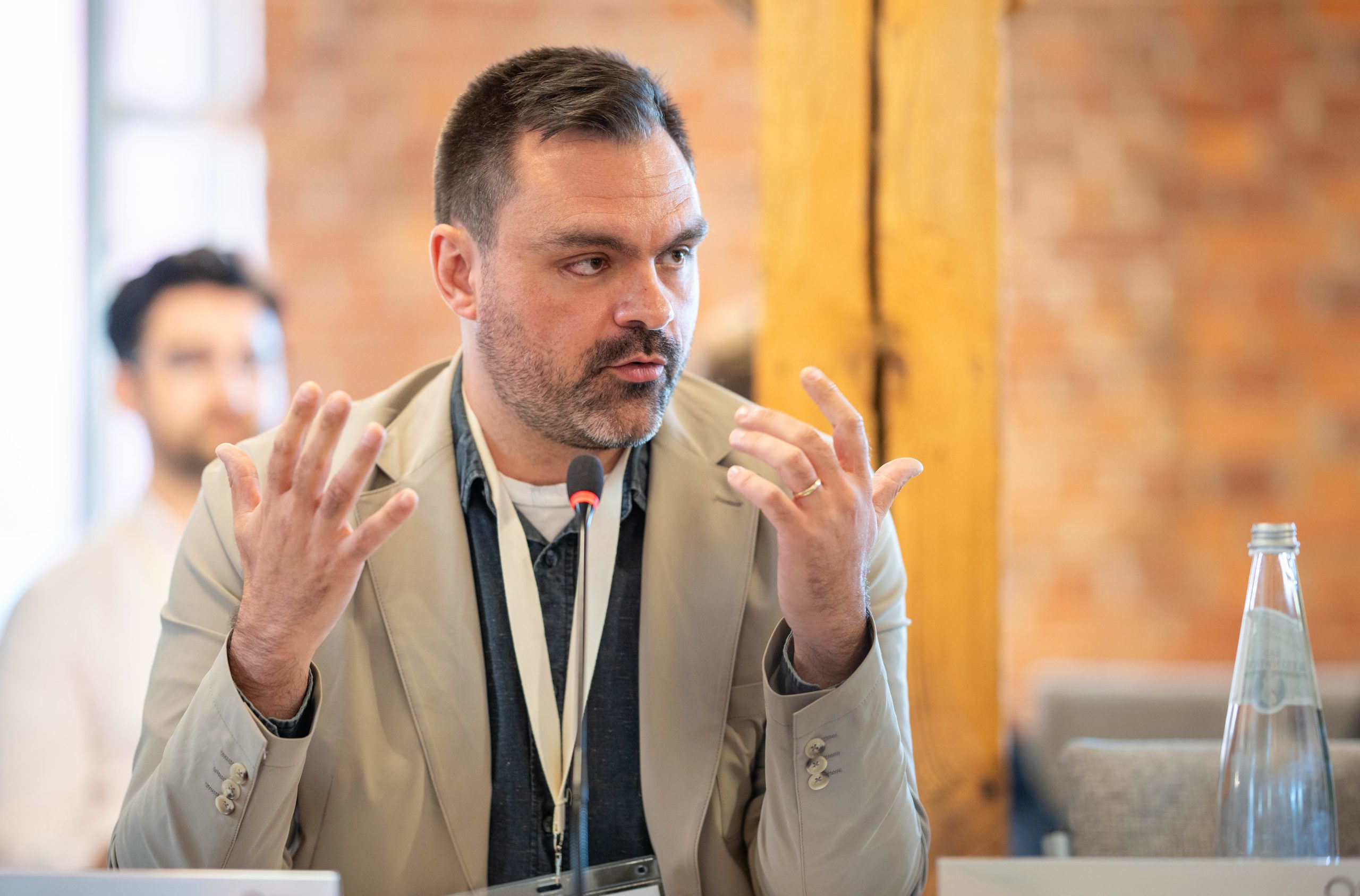NEW PARADIGM
The Berlin Summit 2025: How to frame effective industrial policies – Lessons from regions
At the Berlin Summit, leading experts reflected on recent industrial policy experiences in Europe and the US and explored the lessons that can guide the design of effective future strategies.
BY
FORUM NEW ECONOMYPUBLISHED
19. JUNE 2025
Amid growing geopolitical and transformational challenges, industrial policy has returned to the center of economic debate. While the rationale for state intervention is now widely accepted, questions around how to design, govern, and evaluate industrial policy remain contested. As governments across Europe and beyond scale up their industrial ambitions – and as public spending in this area continues to rise – the need for clarity on effective approaches and best practices is becoming ever more urgent. At the Berlin Summit, leading experts came together to reflect on recent developments in Europe and the US and to explore the lessons they offer for shaping future policy.
A key insight from the discussion was that industrial policy is a balancing act. It must support the transformation of existing sectors, invest in emerging technologies, and avoid locking in outdated or unsustainable models. Achieving this balance requires not only technical expertise but also broad political consensus on the goals of industrial policy. The involvement of stakeholders – from business and labor representatives to civil society – was seen as essential to ensuring both legitimacy and long-term commitment. Equally important is building public confidence that industrial transformation will deliver tangible benefits. In this context, place-based policies were highlighted as a key lever: if industrial policy is to be supported by the communities it serves, it must be rooted in local realities – not just national objectives.
The panel also emphasized that industrial policy is inherently risky. Not every project will succeed – some failures are inevitable and, in a sense, part of the process. What matters is how these risks are managed and communicated. A compelling narrative, backed by credible data, was seen as crucial to maintaining public trust. The role of foreign expertise was also discussed. While partnerships with global technology leaders – such as Taiwanese firms in semiconductors or Chinese and Korean companies in battery production – can accelerate learning and reduce failure risks, they do not automatically lead to knowledge transfer. The key question is how, and under what conditions, to structure such partnerships to ensure mutual benefit and strategic alignment.
Another recurring theme was the importance of embedding evaluation into the DNA of industrial policy. Too often, evaluation is treated as a retrospective formality – especially for flagship projects. Panelists instead advocated for a structured approach from the outset: incorporating ex-ante cost-benefit analyses, mid-term reviews, and ex-post evaluations directly into policy design.
Participants also stressed the value of treating industrial policy as a portfolio of instruments – some costly, others less so – that must be carefully balanced. While large-scale subsidies and high-profile initiatives often dominate headlines, many effective interventions – such as public procurement, regulatory coordination, or support for regional ecosystems – require far fewer resources. When strategically aligned, these lower-cost tools can have considerable impact. However, coordinating them effectively demands strong governance and institutional capacity. Vertical interventions targeting specific sectors or firms often carry the highest risks and costs, but may still be justified under certain conditions. To avoid market distortions and foster long-term dynamism, panelists recommended complementing these with horizontal, economy-wide measures.
Perhaps the most persistent challenge discussed was coordination – between ministries, levels of government, and public and private actors. The complexity of multi-level governance, especially in federal systems and within the EU, was seen as both a strength and a potential source of friction. Without clear responsibilities, shared goals, and adequate institutional capacity, even the best-designed policies risk falling short in implementation. One provocative contribution called for rethinking the role of planning. If we accept that industrial policy is essential for managing complex transitions – such as decarbonization or technological sovereignty – then more deliberate, cross-sectoral coordination is needed. This does not mean a return to centralized control, but rather a form of democratically legitimized, strategic planning that aligns industrial, climate, innovation, and competition policies under a coherent framework.
